I often hear people saying that the outdoors is all about fun, but I see it as an excellent training ground for future leaders (especially in business)! I have seen the outdoors unpredictability and unique challenges bring out a person’s strengths, forcing them to work around their weaknesses and see opportunities even when facing critical situations. Working on your outdoor leadership skills can seamlessly translate into how well you lead your team in business.
To become an excellent outdoor leader, you must be skilled in various outdoor activities, an excellent communicator, and a resilient team player. You must also learn to adapt to changing scenarios and your team’s diverse needs. Furthermore, you must be empathetic, consistent, and a critical thinker.
Let’s probe deeper into what it truly takes to be an excellent outdoor leader, specifically the skills, competencies, and mindset you must learn to enhance and adopt. I will talk about why it’s crucial to tailor-fit your approach depending on changing scenarios and your team member’s varying personalities. I will also discuss the value of leading by example and establishing yourself as someone your team can trust.
How Can I Be a Good Outdoor Leader?
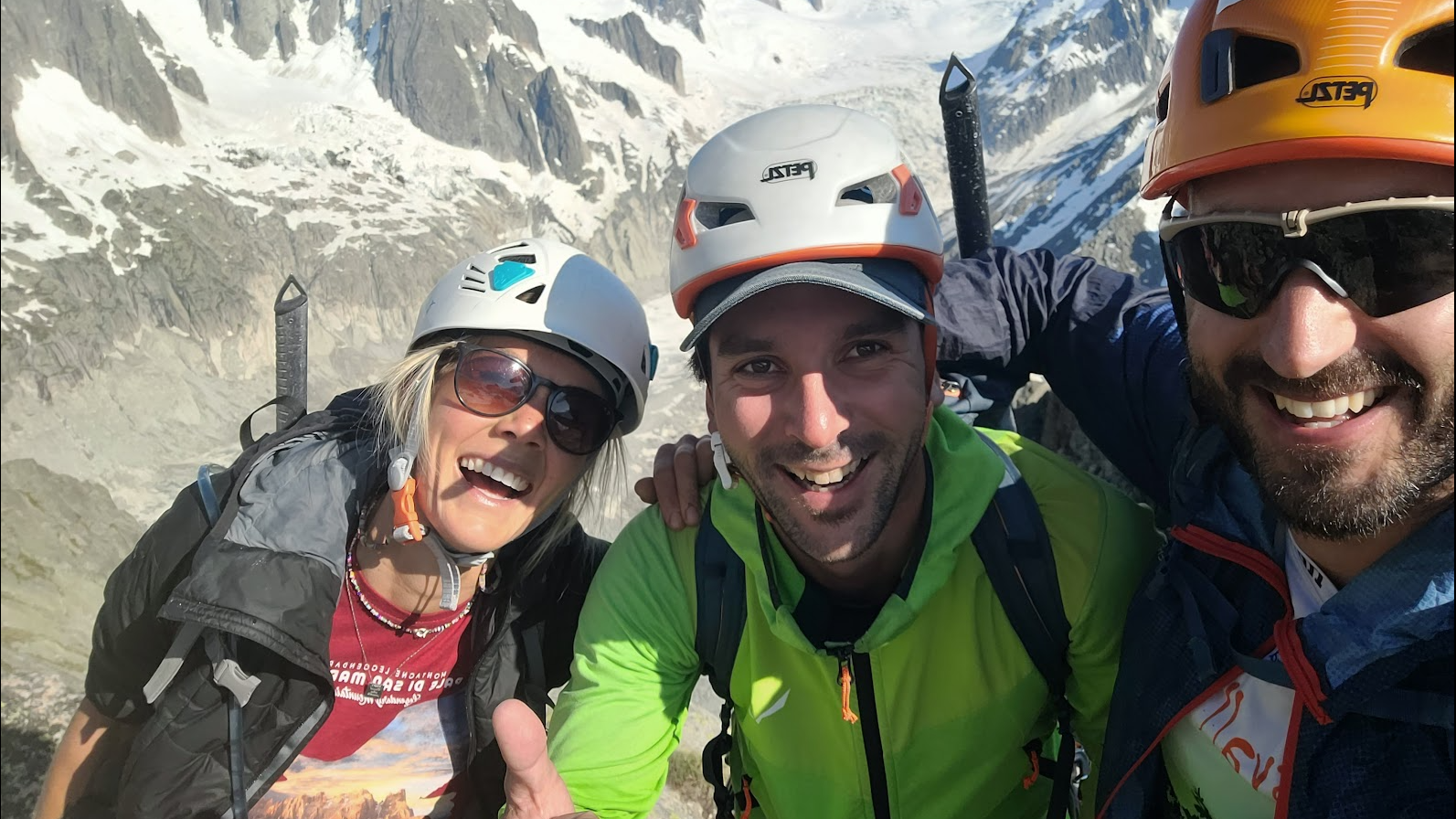
Spending time in the wild outdoors can be thrilling and unnerving. Some people may not realize it, but the time they spend outdoors can be utilized as opportunities to build and enhance skills that can translate into being more effective as leaders in the workplace.
Spending time in nature and engaging in physical activities, adventures, and expeditions can significantly enhance your leadership skills. These can also help keep your team motivated, engaged, and committed to the set goals.
Spending time in nature and engaging in physical activities, adventures, and expeditions can significantly enhance your leadership skills.
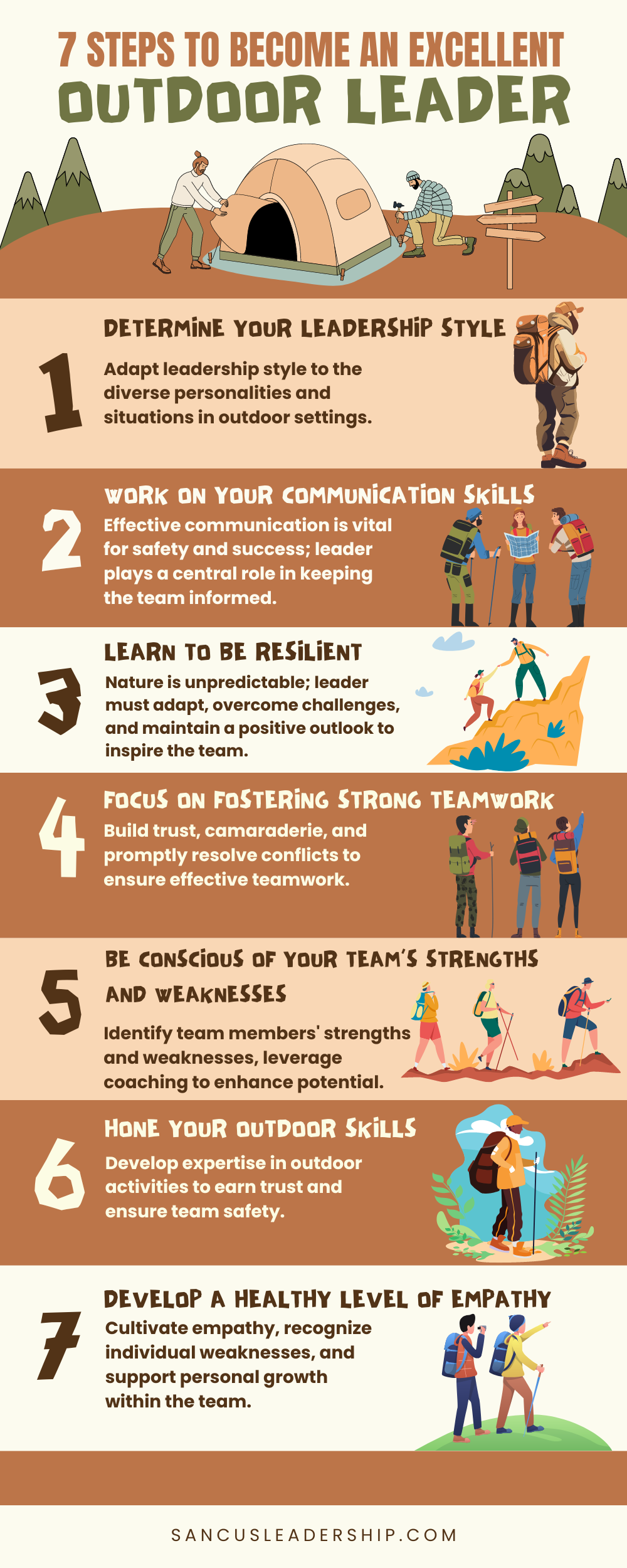
Here are the steps to becoming an excellent outdoor leader:
1. Determine Your Leadership Style
There is no specific leadership style best suited for outdoor settings. When you group diverse people together, you’ll generally deal with different personalities, varying quirks, and unique requirements.
In effectively leading a group, outdoor leaders must be able to tailor-fit their approach to their group’s unique needs and wants. They must also be able to adapt to varying scenarios to apply the most suitable leadership style in any given situation.
Here are some of the most popular leadership styles to consider:
- Autocratic leadership style. Autocratic leaders depend on their own judgment and perspectives and rarely consider other people’s points of view. When faced with dilemmas, they come up with solutions and make decisions independently. They also dictate the group’s routines, such as wake-up time, route, pitstops, and sleeping time.
- Democratic leadership style. Democratic leaders are perhaps the most fair, considerate, and collaborative of all. They typically consult their team and consider their perspectives and insights before making decisions. They may also sometimes arrive at a group consensus when trying to find the best possible solutions to pressing problems.
- Laissez-faire leadership style. Laissez-faire leaders allow their team members the most freedom to plan, work out problems, and decide for themselves with minimal interference from their leaders. This hands-off approach encourages critical thinking, enhances problem-solving skills, and trains team members to cultivate their leadership potential.
- Charismatic leadership style. Charismatic leaders inspire their team members to always be efficient, enterprising, ambitious, and productive by setting good examples for them to emulate. By always being enthusiastic and engaging, they create a positive team culture where members enjoy high morale and boosted energy levels.
- Coaching leadership style. Coaching leaders focus more on their team members rather than on quickly achieving their desired results. Their main goal is to guide their members in improving themselves and reaching their highest potential.
2. Work on Your Communication Skills
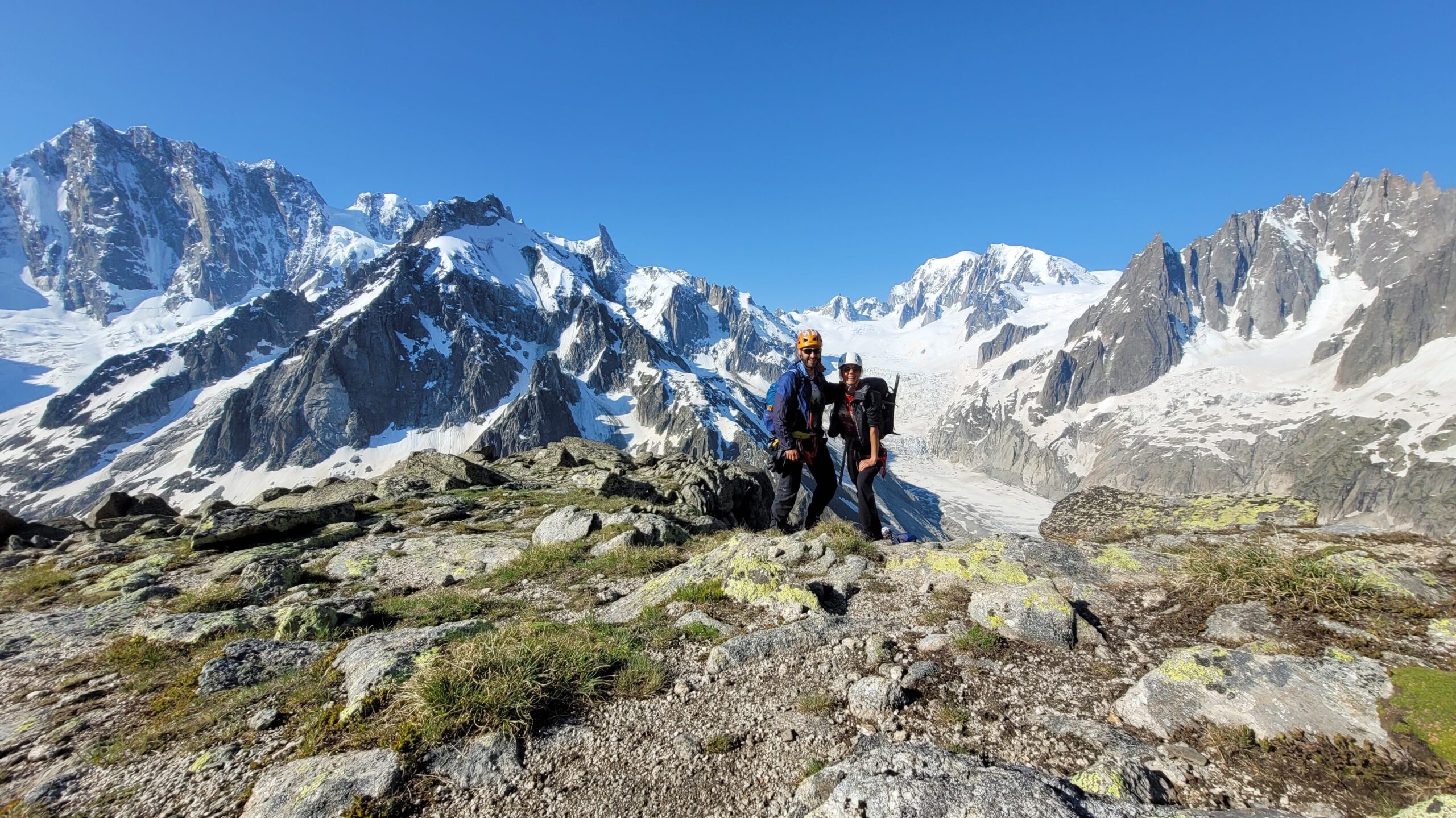
Effective communication is critical in outdoor settings. It’s practically a matter of life and death that instructions be conveyed explicitly and goals be well-defined and accurately conveyed. A leader with great interpersonal and communication skills can ensure that the whole team is consistently on the same page – a crucial factor that can dictate a team’s (or a business’s) survival and success.
A leader with great interpersonal and communication skills can ensure that the whole team is consistently on the same page – a crucial factor that can dictate a team’s (or a business’s) survival and success.
When I was in the military, the value of effective communication was so deeply ingrained in us that we developed the critical habit of constantly checking in on one another, ensuring that we’re always all on the same page, especially when navigating through tricky or highly sensitive situations. One simple misunderstanding could spell the difference between life and death.
We made sure everyone knew enough details of every route we took so that in case someone had to fall back or abort a mission, the team wouldn’t fall apart. We ensured each person was aware of what had to be accomplished each day so that if someone was unavailable for a specific task, someone else could always step up to the plate to fill the gap.
Constant and concise communication was one of the factors that ensured our team was always safe and secure during deployment. It also helped propel us faster toward attaining the goals and objectives set out for us by our commanders. The team leader holds a pivotal role in ensuring that the entire team is always well-informed and updated on all matters pertaining to the group and the expedition. Now that I´m in the business world, I have realized that this also holds true here.
Here are some tips for effective communication as a leader:
- Set clear goals. Setting clear goals and ensuring that each individual in your group has a solid grasp of them is one of the first steps in ensuring your team functions as efficiently as possible. If your team isn’t on the same page, efforts may go to waste, mix-ups will be routine, and you may find your team constantly lagging behind. We use and recommend the SMARTER framework to get started.
- Be direct. Avoid using jargon, rhetorical statements, or flowery language. Be concise and direct so your team knows exactly what you mean. Leave no room for doubts and confusion.
- Be authentic. Honesty, sincerity, and integrity are important core values in leadership. By being authentic, you’ll quickly and easily gain your team’s respect and trust. Be eloquent, but never pretend to be someone you’re not — your team will see right through the facade and won’t appreciate your pretense.
- Listen. Remember, communication is a 2-way street. Effective communicators are good listeners, so always take time to validate and listen to your team’s concerns, questions, and apprehensions. Listening allows you to understand their perspectives and opens the doors to transparency and better alignment within the team.
- Ask questions. Make it a habit to ask your team questions to ensure they can absorb essential information accurately. This is crucial in outdoor settings where minor errors can quickly lead to disastrous consequences.
3. Learn to Be Resilient
Nature is unpredictable and constantly changing. You may continually face unexpected challenges, shifting weather conditions, unfamiliar terrain, and unforeseen opportunities. Additionally, outdoor activities are almost always extremely challenging and exhausting, both physically and mentally.
Effectively leading and managing a team means you must be able to adapt to various situations so you can efficiently lead them forward, never succumbing to the difficulties and obstacles encountered along the way. You must also be able to quickly bounce back from problems and setbacks so these challenges don’t hold the team back.
Furthermore, an excellent outdoor leader must maintain a positive outlook throughout all these trials to inspire the rest of the team to emulate the same mindset. You must show your team that you don’t easily give up and back down from even the trickiest and most complicated scenarios.
4. Focus On Fostering Strong Teamwork
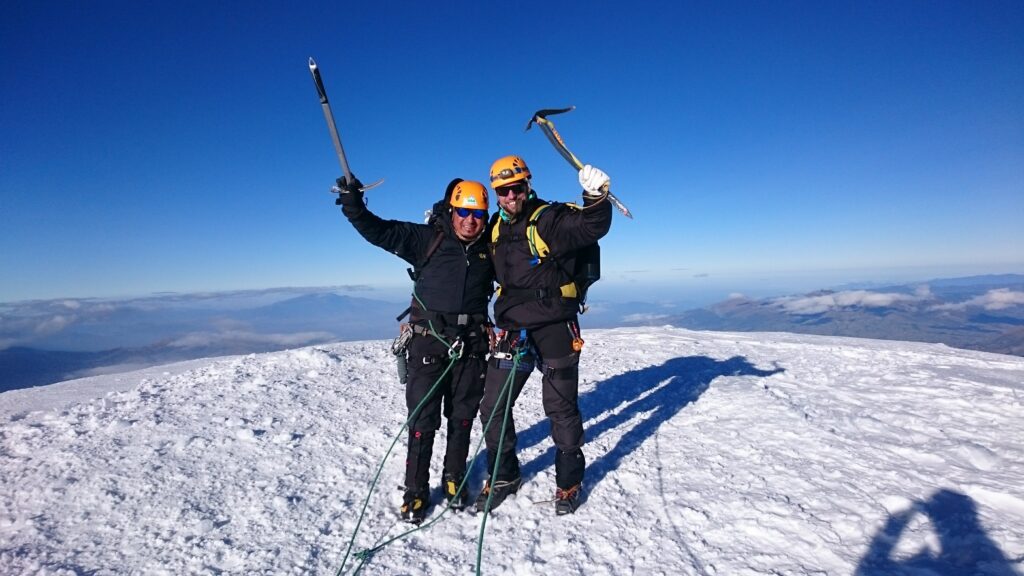
Teamwork and collaboration are crucial in any outdoor setting where a team is expected to always work together toward the achievement of common goals. As a leader, it is up to you to foster a strong sense of trust and camaraderie in your team so everyone works synergistically, relies on one another, and rests in the confidence that they all have each other’s backs.
Teamwork and collaboration are crucial in any outdoor setting where a team is expected to always work together toward the achievement of common goals.
It’s also important to resolve conflicts as soon as they erupt to maintain a positive and engaging culture within the team. Unresolved issues will only give rise to feelings of resentment and may adversely affect team dynamics.
Here are some tips on how to foster a strong sense of trust within your team, especially when you’re at the mercy of the outdoors, so teamwork becomes apparent in your group dynamics:
- Set clear expectations. One of the keys to building trust is ensuring each individual on your team is aligned with the rest of the group. Confusion and false assumptions may arise if you don’t provide accurate information. Each team member must be informed and updated about goals, itineraries, emergency plans, and the code of conduct.
- Always follow through. Doing what you said you would do is perhaps one of the best ways to gain your team members’ trust. Nothing spells dishonesty and duplicity more accurately than someone who doesn’t follow through on their words.
- Take responsibility for both the good and the bad. It’s easy to take responsibility for triumphs, but it can be extremely difficult to take the blame for mistakes. Remember, as a leader, you must take extreme ownership of everything that happens under your watch, and taking accountability for both good and bad outcomes is a big step toward earning your team’s confidence.
5. Be Conscious of Your Team’s Strengths and Weaknesses
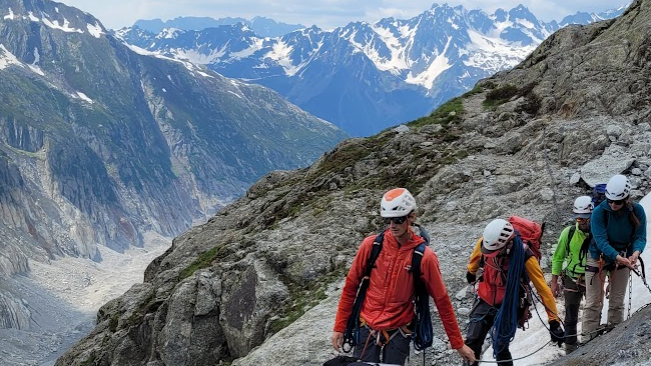
As a leader, you must quickly identify your team member’s strengths and weaknesses and know how to utilize (or downplay) each of these for the benefit of the group. You must also acknowledge your own capabilities and deficiencies and be willing to leverage your strengths for the group’s advantage while never putting the group’s safety at risk by stubbornly going beyond your limitations.
You may find yourself dealing with some team members who are hesitant to acknowledge their own strengths and weaknesses. There may also be some who are oblivious to these. As a leader, take it upon yourself to bring out the best in each of your team members to help them reach their highest potential through proper coaching and mentoring.
Here are some tips:
- Know your team members. To be an excellent leader, it’s essential to spend some time getting to know each of your team members on a deeper level. Find out where they excel, what drives them, and what they find challenging. In the same way, uncover their insecurities, fears, and what discourages them. This way, you can better adapt your leadership approach based on their unique needs.
- Share feedback. Ask for feedback regarding executed tasks and at the end of each activity. This will give you a great benchmark on which practices work best and which will be better off omitted in the future. Give constructive feedback as well so your team becomes aware of areas they need to improve on and where they excel.
- Do regular check-ins. Regularly check in with your team to ensure you’re always on the same page and still working toward the same objectives. Celebrate victories, no matter how small, to keep your team inspired, and don’t shy away from discussing failures because these should be seen as learning opportunities for the entire team.
6. Hone Your Outdoor Skills
As a leader, you must be able to cope with the stringent demands of the outdoors. To further earn your team’s trust, respect, and deference, strive to acquire higher levels of skills in various outdoor activities, so much so that you essentially become an expert who your team can rely on for their safety and security.
The core competencies you must enhance to be an excellent outdoor leader include:
- Critical-thinking
- Exceptional decision-making
- Discipline
- Efficiency
- Excellent organizational skills
Strive to be adept in most, if not all, of these basic outdoor activities because enhancing your skills in these can be pivotal to your effectiveness as an outdoor leader:
- Camping
- Hiking
- Mountain climbing
- Rock climbing
- Swimming
- Kayaking
- Rafting
- Canoeing
- Biking
- Running
- Skiing
7. Develop a Healthy Level of Empathy
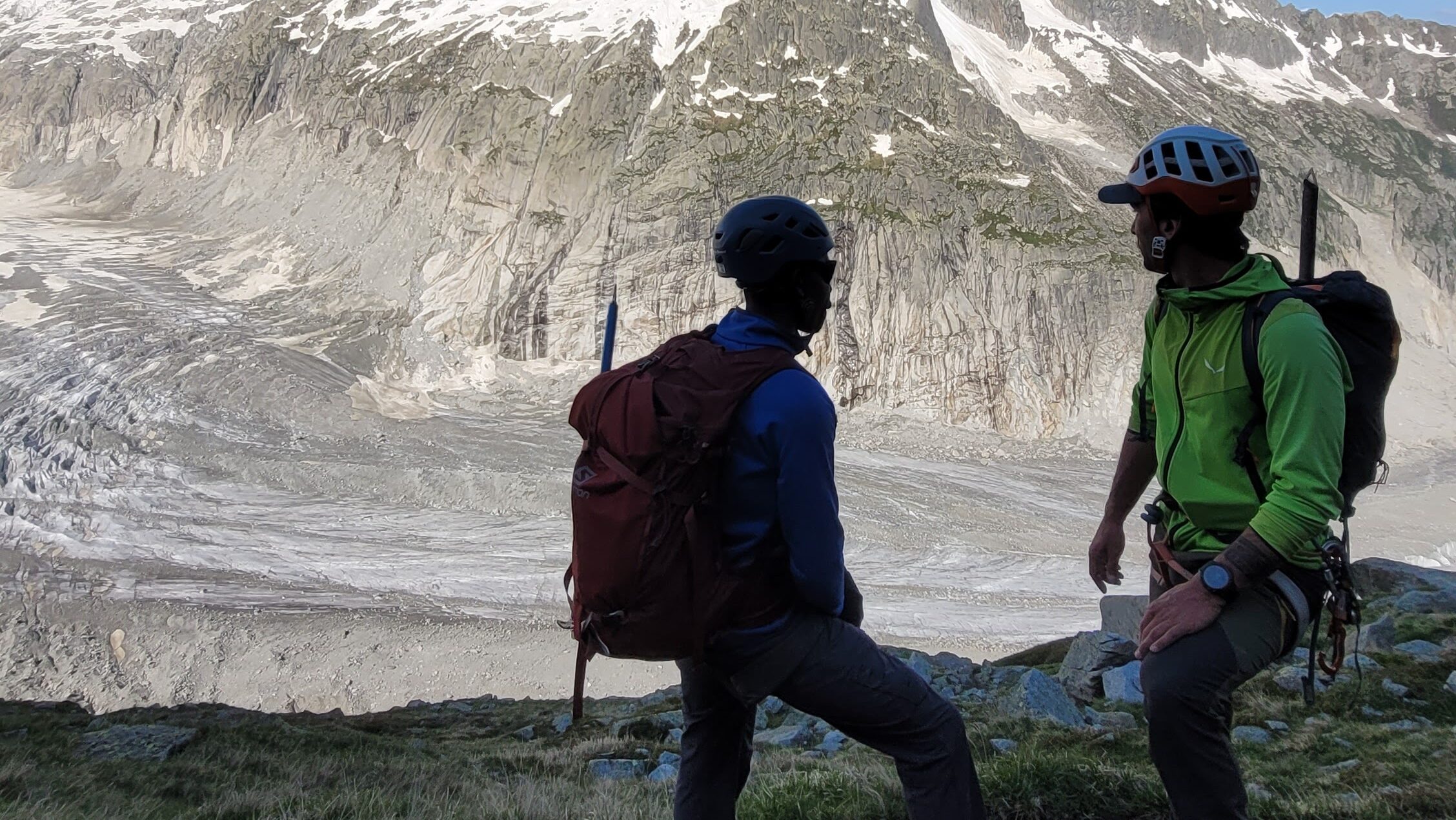
Spending time outdoors will expose you to scenarios you would otherwise not experience in your usual day-to-day life. Some people may even find it unnerving to realize that their safety and success depend greatly on their peers and leaders.
To be an excellent outdoor leader, it’s crucial that you develop a healthy level of empathy for your team members. Remember, each of us, including you, has weaknesses and shortcomings. It’s not only essential to acknowledge and accept these; rather, overcoming them and developing each individual’s unique potential is much more critical.
To be a truly empathetic leader and become more effective in your mission, keep these simple pointers in mind:
- Keep an open mind. Consider other people’s perspectives and opinions, even if they clash with yours.
- Go deeper. Strive to see, hear, and feel what you’re not seeing, hearing, and feeling due to your own prejudices, inaccurate assumptions, and personal limitations.
- Value adaptability. Don’t be obstinate and unyielding when it comes to accommodating your team member’s unique needs. When necessary, adjust your goals, improvise, and adapt to the given circumstances, and soon, you’ll witness your team members more engaged and growing in confidence and efficiency.
| Steps to Become an Excellent Outdoor Leader | Key Point |
| 1. Determine Your Leadership Style | No specific leadership style suits all outdoor situations. Tailor leadership approach to the group’s diverse personalities and needs. |
| 2. Work on Your Communication Skills | Effective communication is vital in outdoor settings. Clear instructions and well-defined goals are crucial, even a matter of survival. Constant and concise communication ensures team alignment and success. |
| 3. Learn to Be Resilient | Nature is unpredictable, and outdoor activities are challenging. Leaders must adapt, bounce back from setbacks, and maintain a positive outlook. Inspire the team with a resilient attitude. Embrace change and overcome obstacles. |
| 4. Focus On Fostering Strong Teamwork | Teamwork and collaboration are essential in outdoor settings. A leader creates trust, camaraderie, and resolves conflicts. Positive team culture enhances performance and engagement. |
| 5. Be Conscious of Your Team’s Strengths and Weaknesses | Identify team members’ strengths and weaknesses. Utilize strengths, acknowledge deficiencies, and lead within limits. Encourage team members to reach their potential through coaching. |
| 6. Hone Your Outdoor Skills | Leaders must excel in outdoor skills for team trust and safety. Acquire expertise in various outdoor activities. Team should rely on leader’s expertise for security and guidance. |
| 7. Develop a Healthy Level of Empathy | Outdoor experiences highlight reliance on peers and leaders. Leaders must cultivate empathy for team members. Recognize weaknesses and shortcomings, and overcome them together. Encourage individual growth and potential. |
At Sancus Leadership, we can help you enhance your leadership skills through various outdoor activities — and have fun, to boot! All you have to do is book us a free leadership call so we can talk about how we can help you achieve your highest leadership potential.


